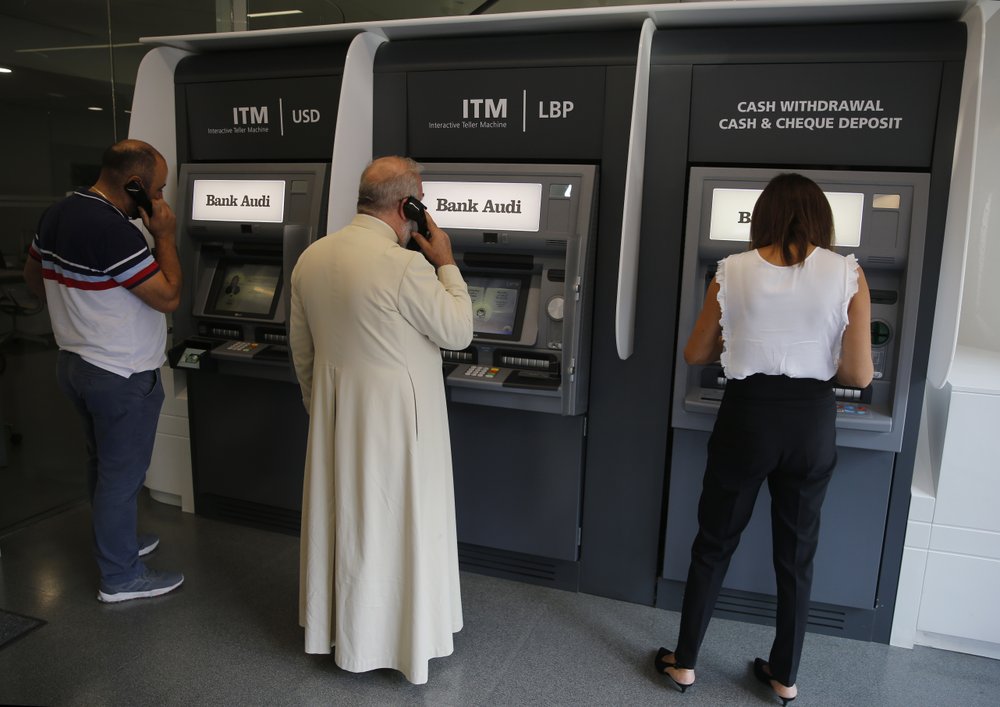
BEIRUT (Reuters) — Lebanon’s 2019 budget deficit will be much bigger than expected after a sharp drop in state revenues, caretaker finance minister Ali Hassan Khalil said on Wednesday, as the country struggles with its worst financial crisis since the 1975-90 civil war.
Speaking to reporters, Khalil did not say how much wider he expected the deficit to be but that revenues had contracted by about 40% over the last three months as the crisis hit consumption, imports, tax revenues and overall economic growth.
“Our revenues for the last three months of the year have decreased in a very big way as a result of the situation we are living with … we have numbers that are honestly very worrying,” he added.
Lebanon approved a 2019 budget last May that projected a deficit of 7.6% of gross domestic product based on a growth forecast of 1.2%.
A liquidity crunch has already led banks to enforce capital controls and the Lebanese pound to slump by one third.
Khalil said public salaries were a priority and would be paid this month and in coming months, but that “doesn’t deny that we are faced with real difficulties in financing the state as a whole”.
Six weeks since Saad al-Hariri resigned as prime minister amid protests against the ruling elite, Lebanon needs to form a new government to enact urgent reforms it hopes will net support from foreign donors.
France hosted a meeting on Wednesday of the International Lebanon Support Group, which includes Gulf Arab donors such as Saudi Arabia, major European powers and the United States, though the meeting is not expected to bring new aid pledges.
Lebanon’s public debt burden, equivalent to about 150% of GDP, is one of the heaviest in the world. Last year’s deficit was equal to about 11.5% of GDP, and economic growth rates have been weak for years.
Reporting by Tom Perry, Ellen Francis, Eric Knecht; Editing by Hugh Lawson
Image: People use an ATM outside a closed bank, in Beirut, Lebanon, on Wednesday, Oct. 30, 2019 (AP Photo/Hussein Malla)



